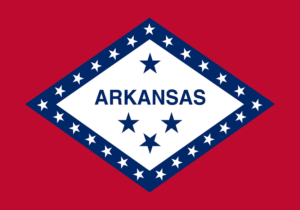Ark. R. Civ. P. 14
Reporter’s Notes to Rule 14:
1. Rule 14 is substantially the same as FRCP and superseded Ark. Stat. Ann. § 27-1134.1 (Supp. 1975). The latter was patterned after the Federal Rule. Omitted are the references in FRCP 14(a) to admiralty and maritime claims. Section (c) of the Federal Rule is omitted in its entirety.
2. Superseded Ark. Stat. Ann. § 27-1134.1 (Supp. 1975) provided that where a third party complaint was not filed within ten days after the filing of the answer, leave of court on motion was required. This rule follows the requirement contained in the Federal Rule that leave of the court must be obtained on motion upon notice to all parties to the action. This will afford the opportunity to parties already in an action to object to the filing of a third party complaint if objection is warranted.
3. The purpose of Rule 14, as construed by the federal courts, is to facilitate the trial of multiple claims which would otherwise be triable only in separate proceedings. United States v. Yellow Cab Co., 340 U.S. 543, 71 S. Ct. 399 (1951). There is no set time during which a third party action must be initiated by a defendant; rather, the timeliness of defendant’s application is left to the discretion of the trial court which must consider whether allowing the third party complaint will result in prejudice to the other parties. Meilinger v. Metropolitan Edison Co., 34 F.R.D. 143 (D.C. Pa., 1963 ); Kubik v. Goldfield, 61 F.R.D. 572 (D.C. Pa., 1974 ).

